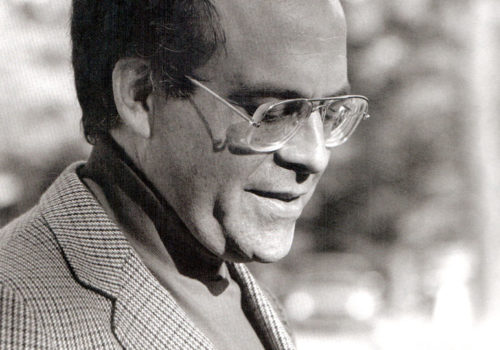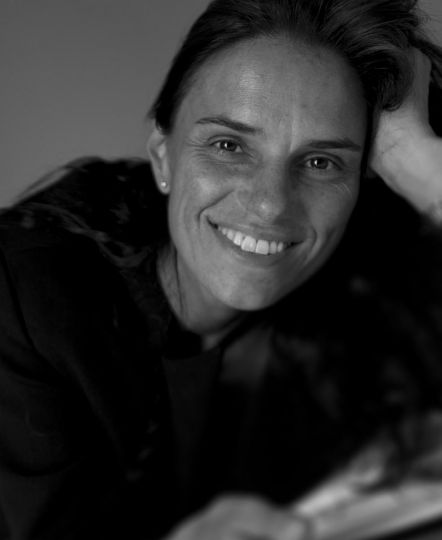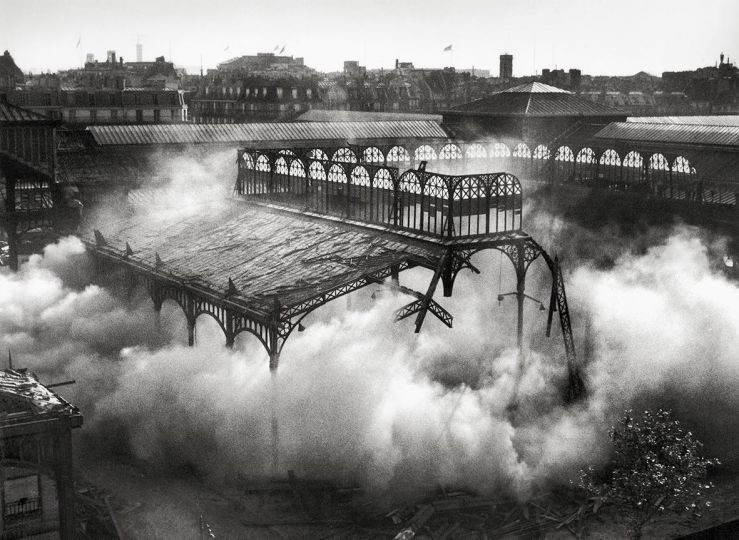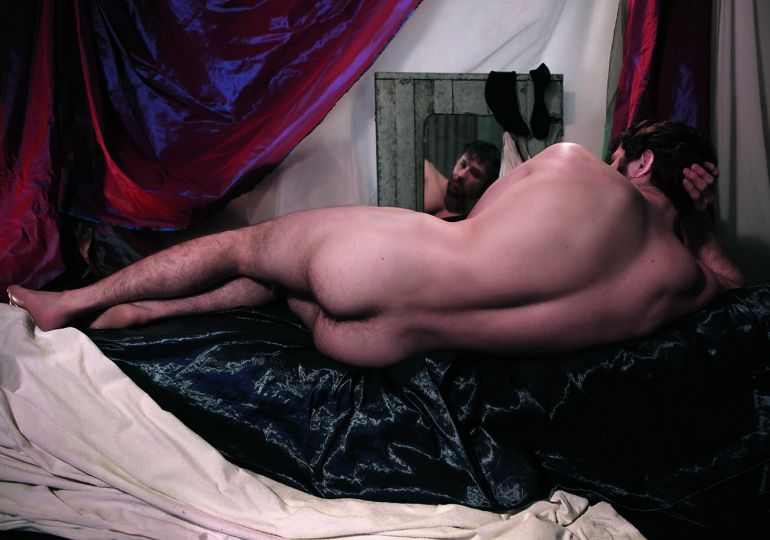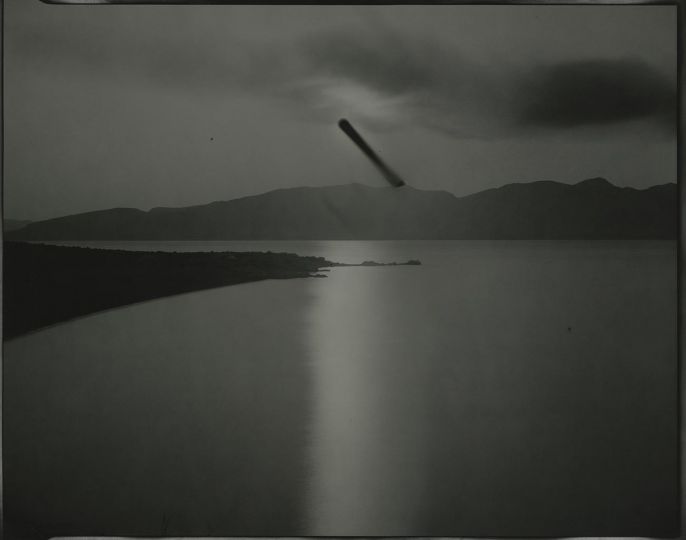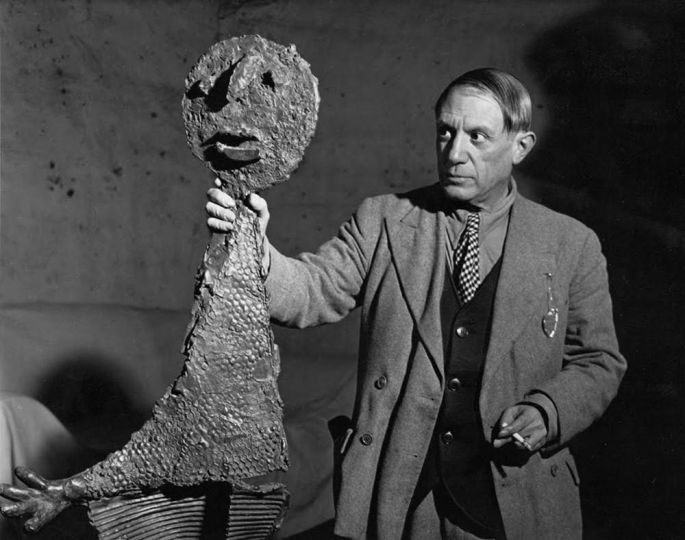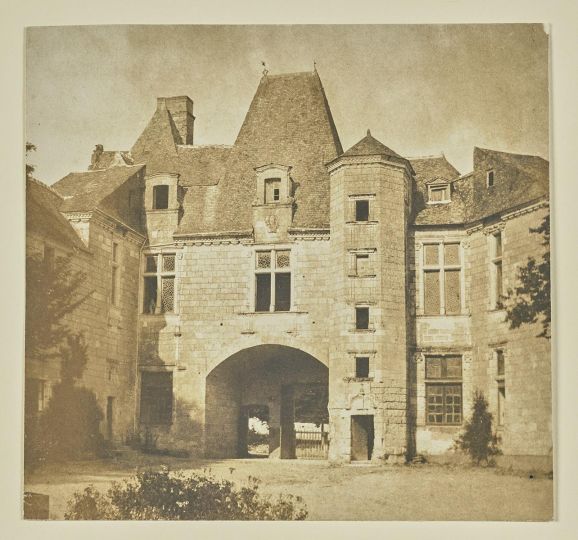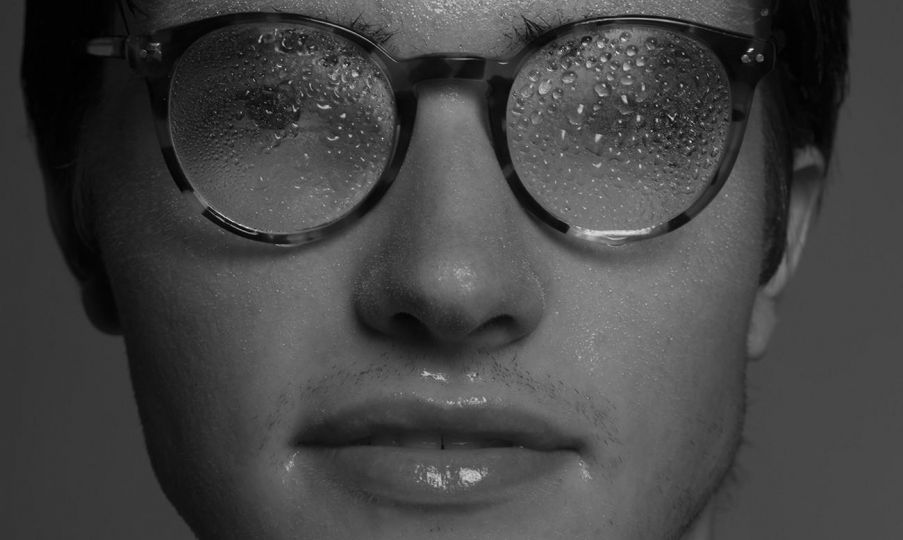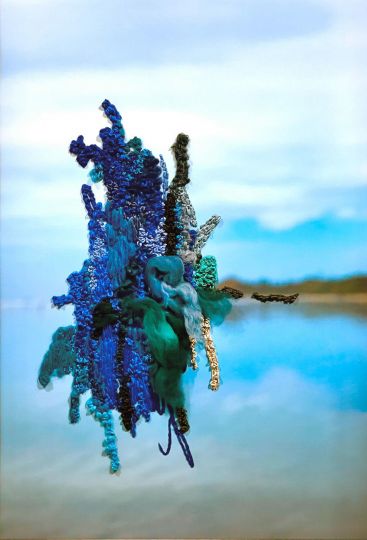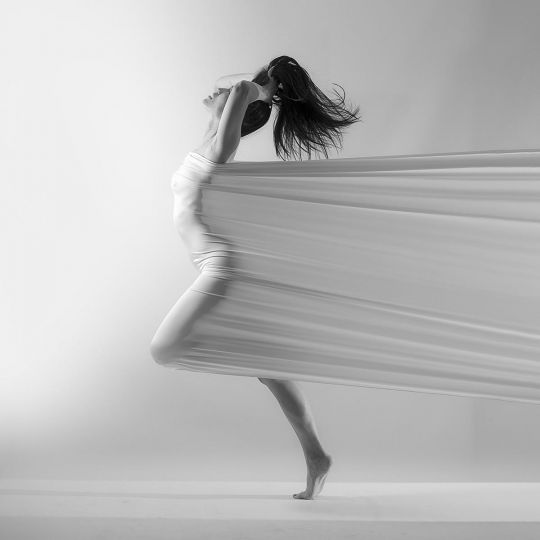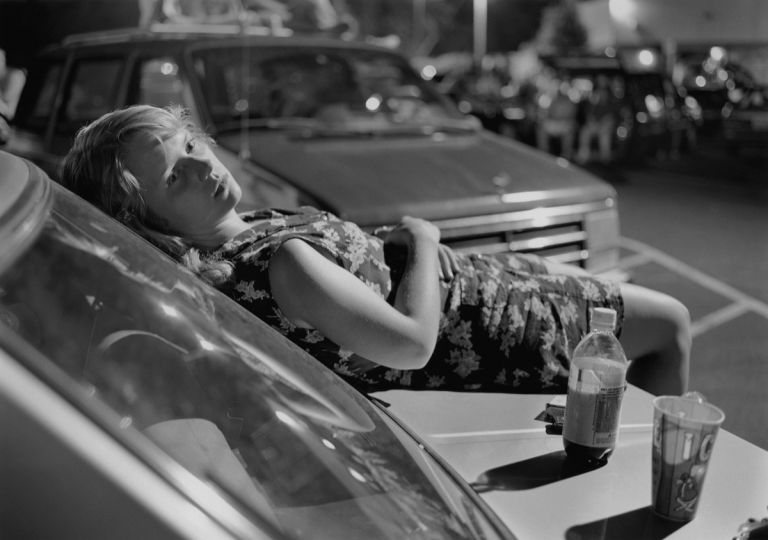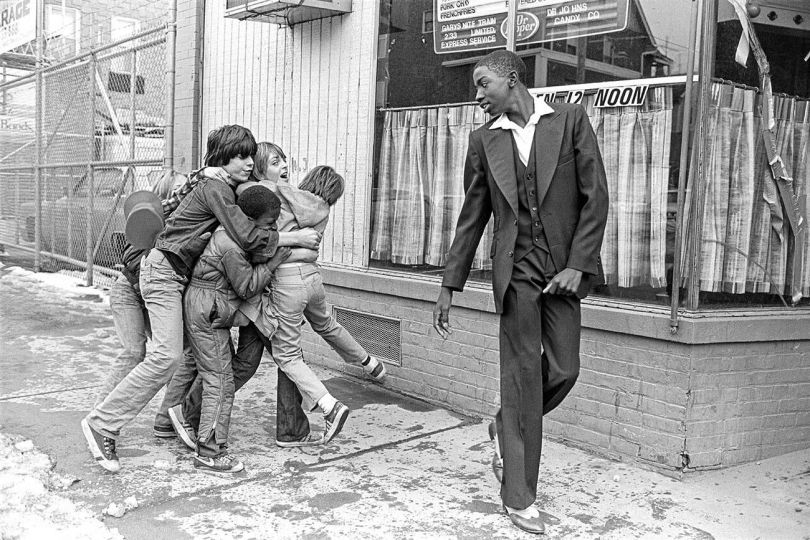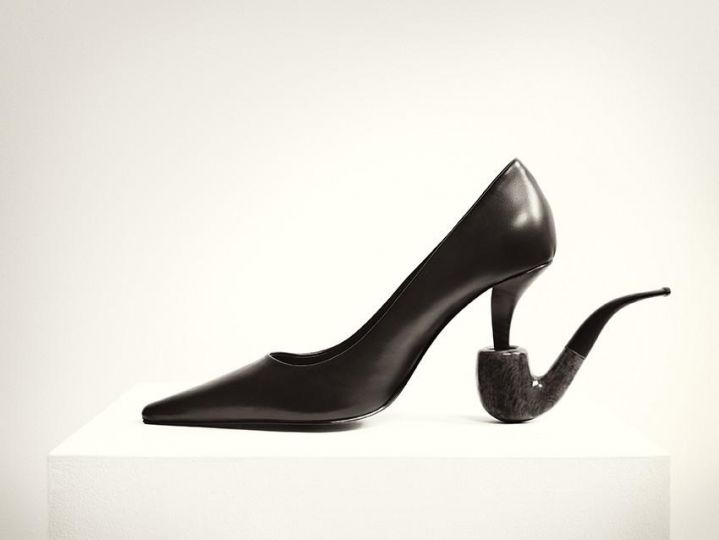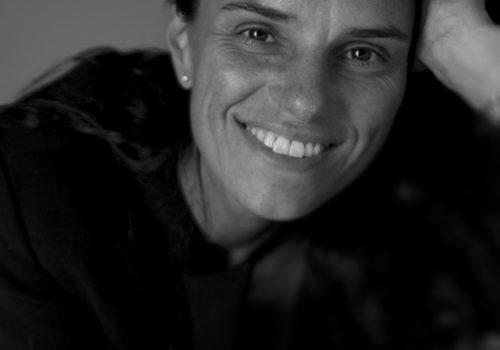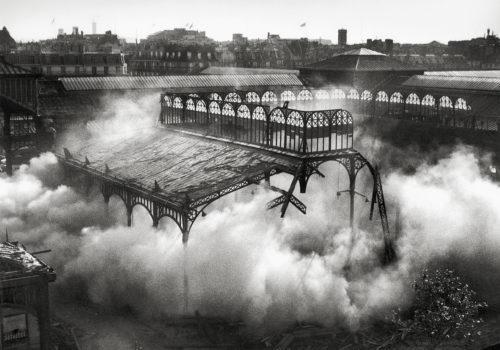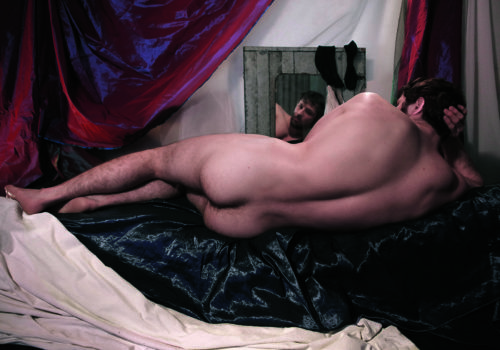Michael Hoffman’s personality aroused admiration and fear in equal measure. He was known for his short temper, his business acumen—with everything that goes with it—and his assertive eye. Knowing only his reputation and the photographic legacy he left behind him at Aperture, I asked former colleagues, occasional collaborators, photographers and friends to share a few words about him. The responses I received were full of praise, fury and humor. Some were brief and formal in tone while others were very personal. Sometimes there was no response at all—an eloquent reaction, to say the least. Everyone could agree on his genius and his temperament: “complicated,” “generous,” “innovative,” “provocative,” “a risk-taker,” “visionary,” “outrageous,” “an incredible editor,” and variations on these. Some offered revealing personal details of this complex man, like his penchant for the esoteric philosophy of Georges Gurdjieff, whose notorious theory rests of the assumption that people cannot perceive reality in their current states because they lack consciousness, living rather in a hypnotic state of “waking sleep.”
With his politically committed and sometimes risky editorial choices, Michael Hoffman sought to open the world’s eyes through the medium to which he had dedicated his life, and in which he deeply believed. Among the classic works of photography that were unanimously rejected at the time of their creation and only saw the light thanks to Hoffman, the work of Diane Arbus, refused by the MoMA publishing department and other editors, was in the end released by Aperture, featuring a preface by John Swarkowski. Such examples of courage and determination appear throughout his career, from the teeth-gnashing immorality of Joel Peter Witkin, to Michael Nichols, whom Hoffman supported even before Nichols had shown him a completed work. This ambition that could border on megalomania seemed to define Hoffman’s character. It led to the success of Aperture and the photography department at the Philadelphia Museum, but also to certain failures, like his attempts to establish an extensive collection of original manuscripts and major publications, Le Jardin Ltd, which never came to be. However, he was able to create another monumental collection, this majestic and universal photographic legacy that is Aperture.
My thanks to Mary Ellen Mark, Lynne Honickman, Robert Blake, Peter Galassi, Robert Delpire and Meredith Lue for their cooperation. I also relied on interviews conducted by Melissa Harris for her 2004 work, Michael E. Hoffman. Outside the Ordinary, a Tribute in Pictures.
Laurence Cornet

